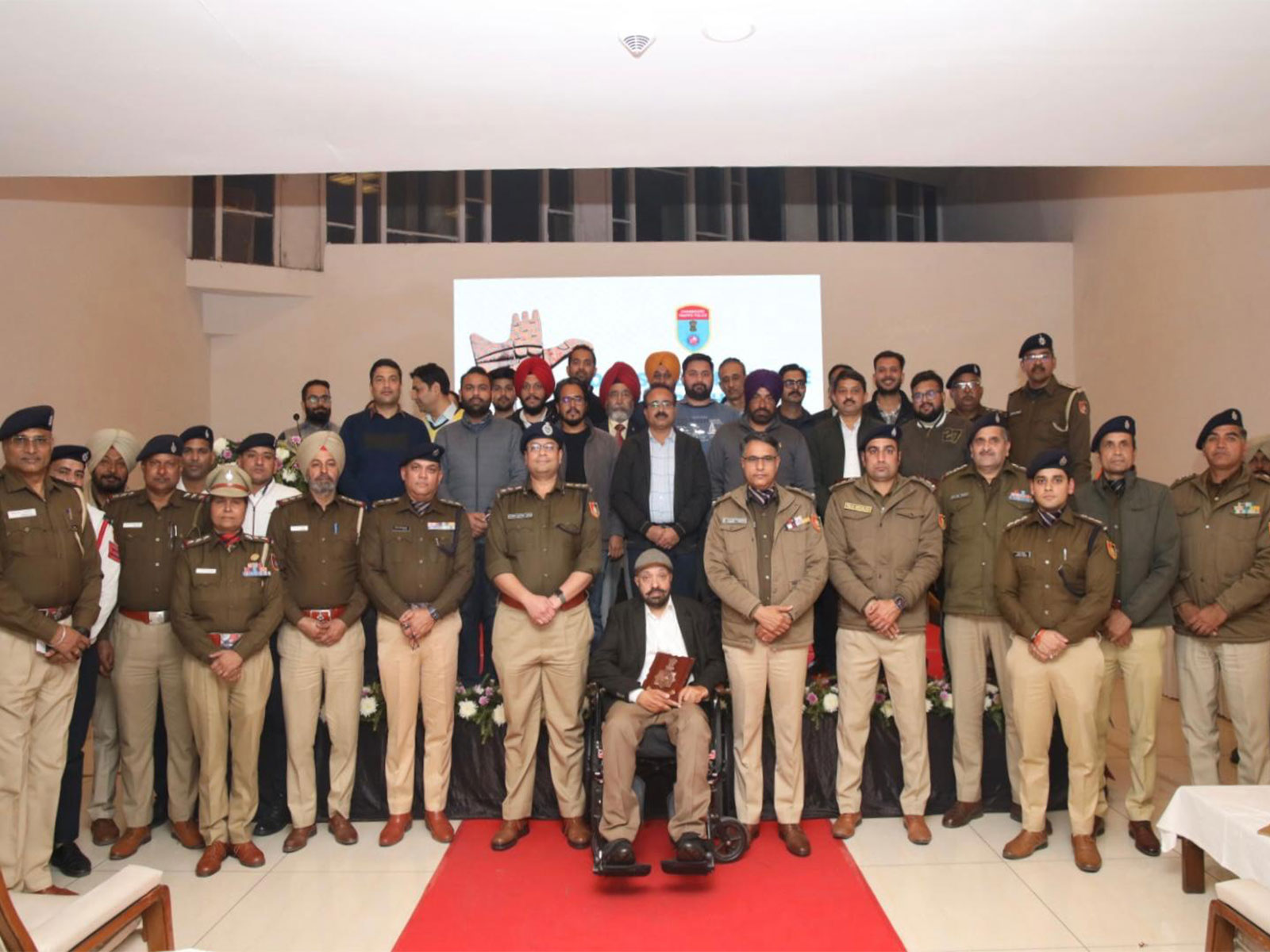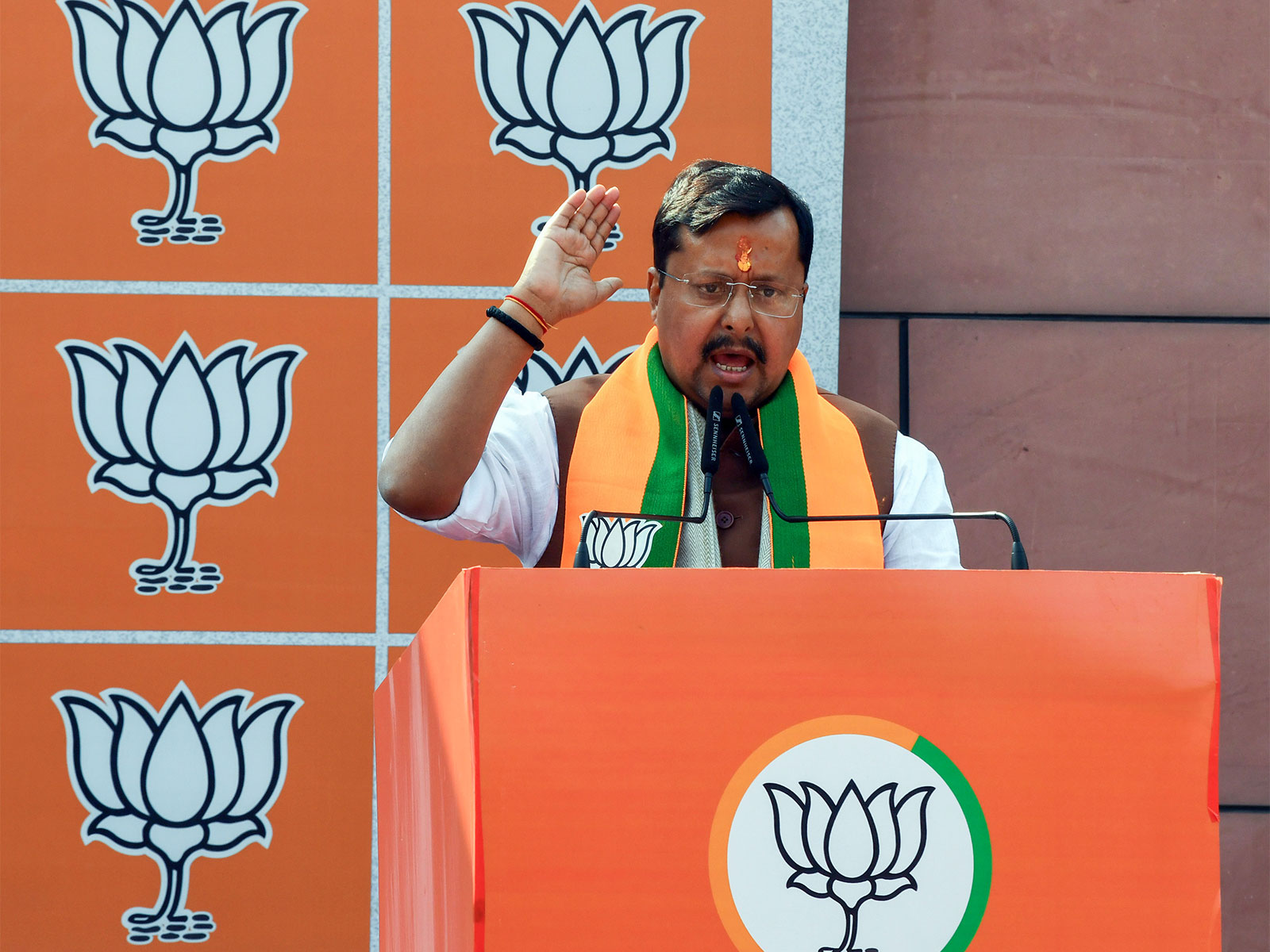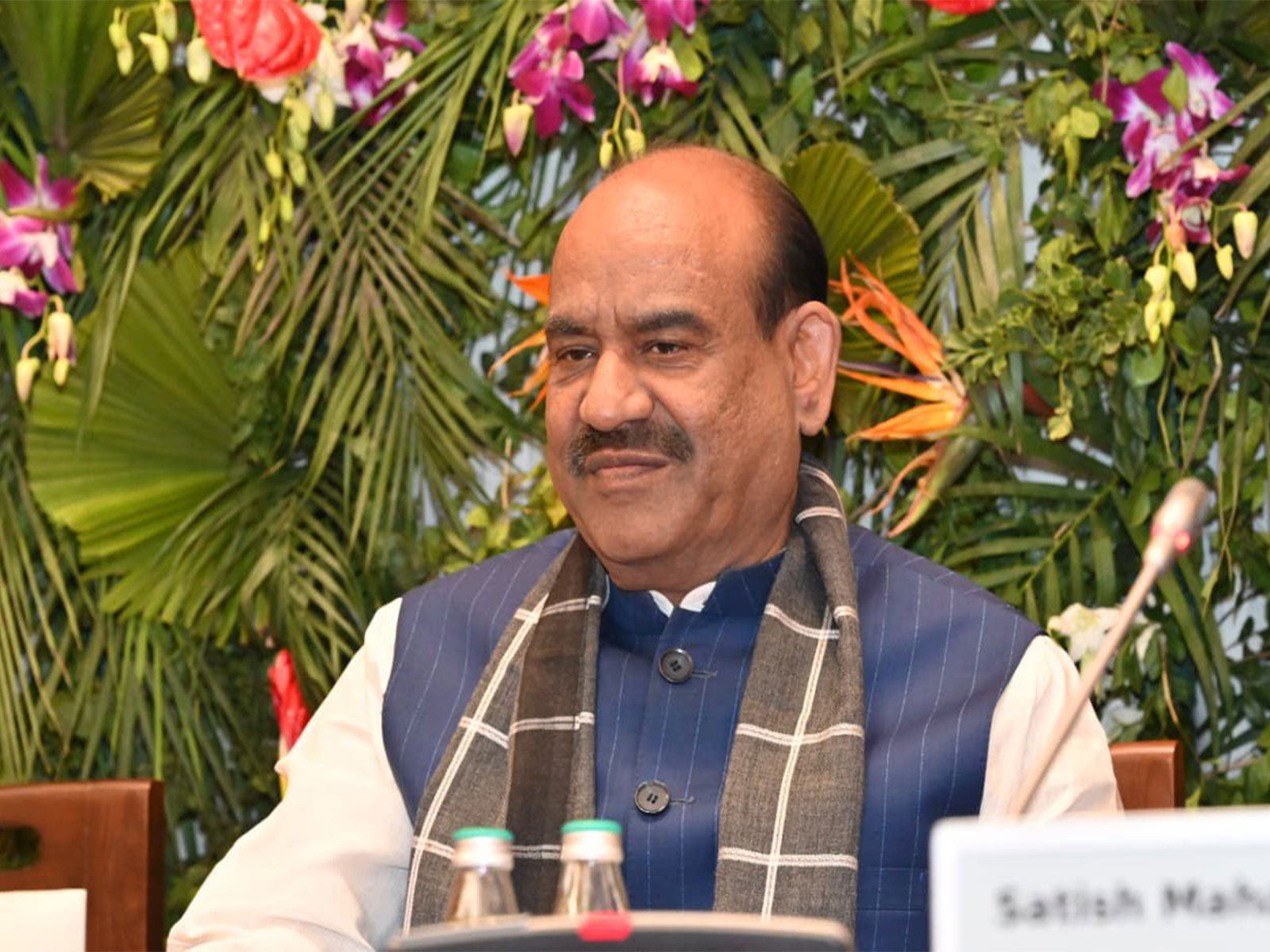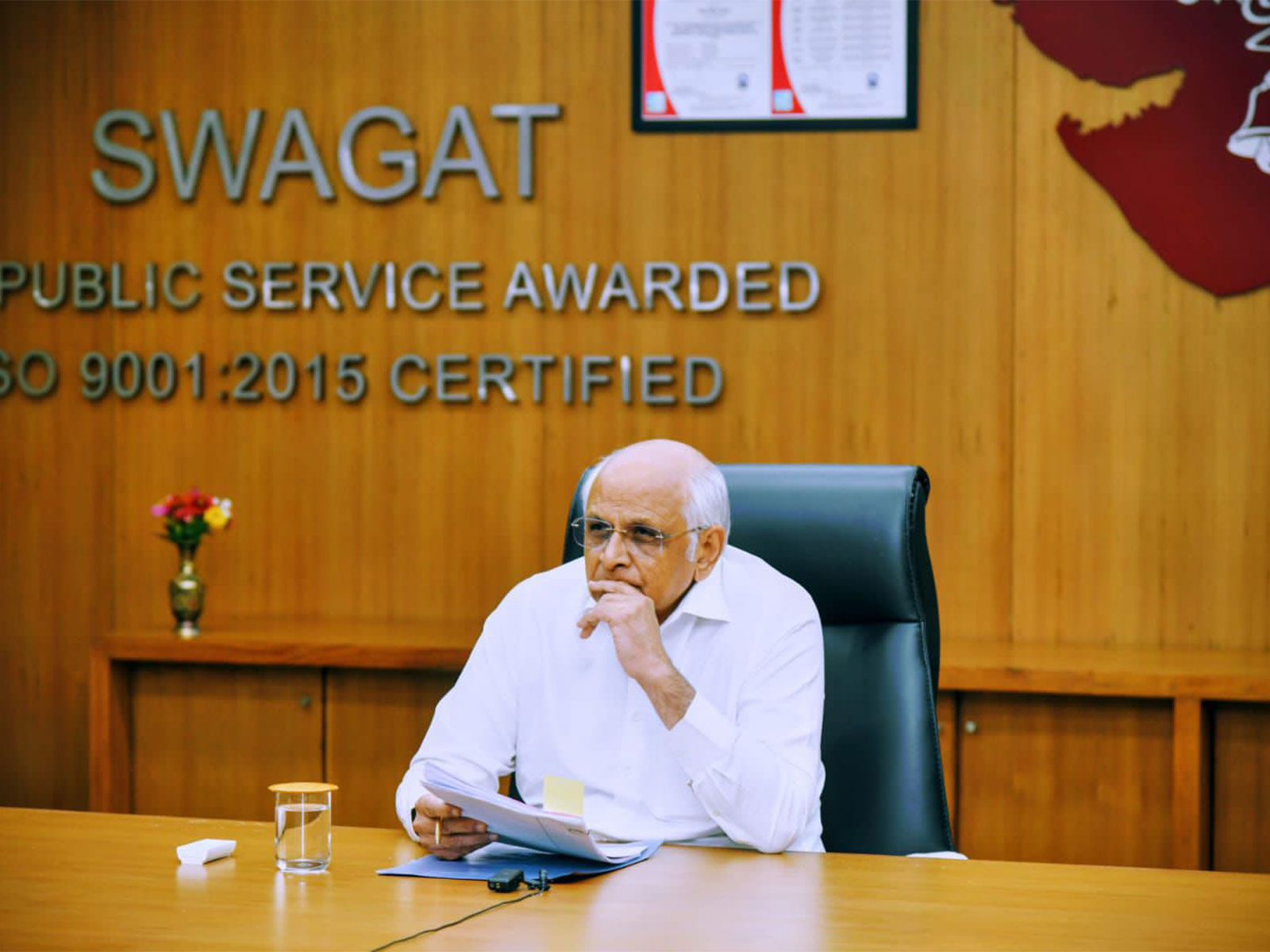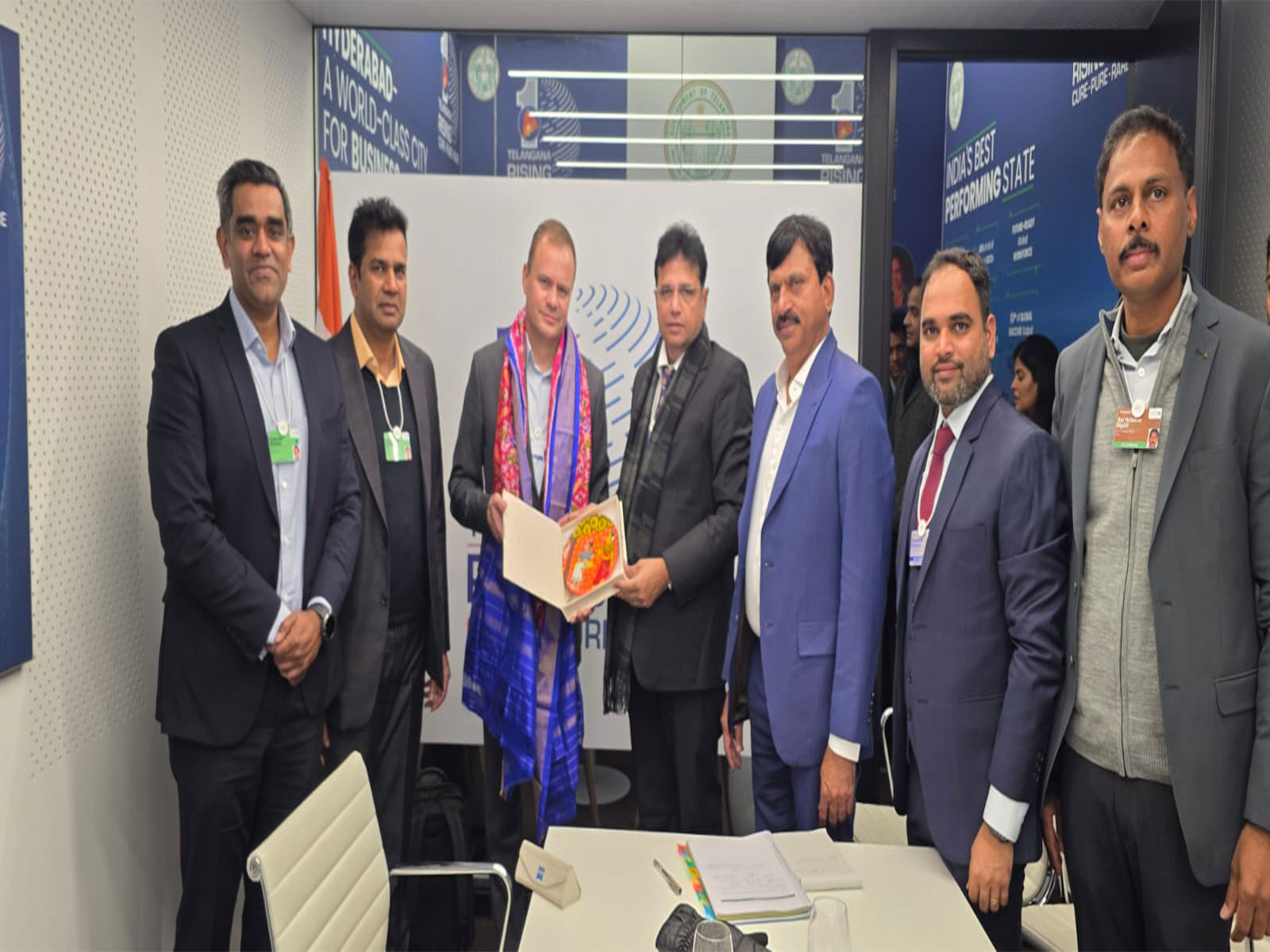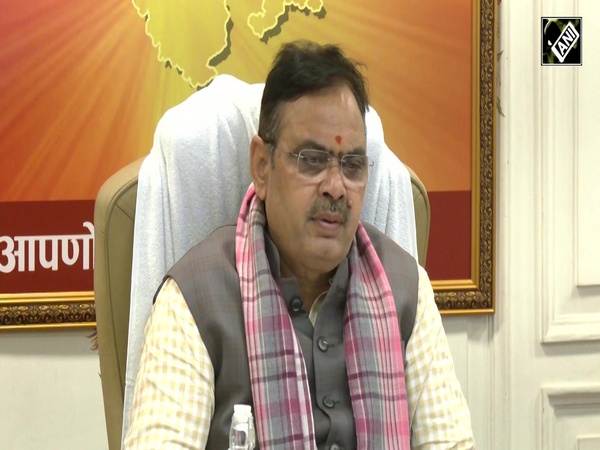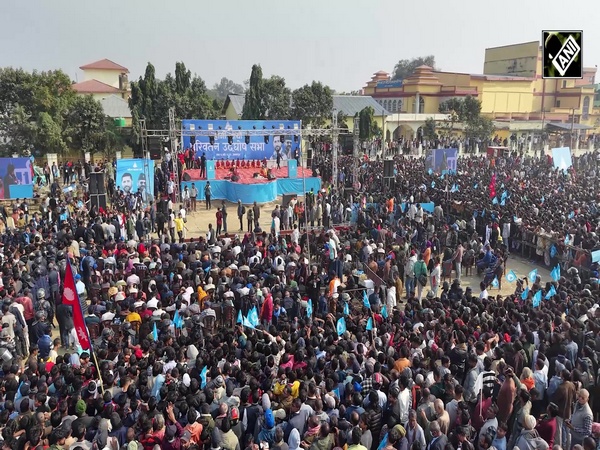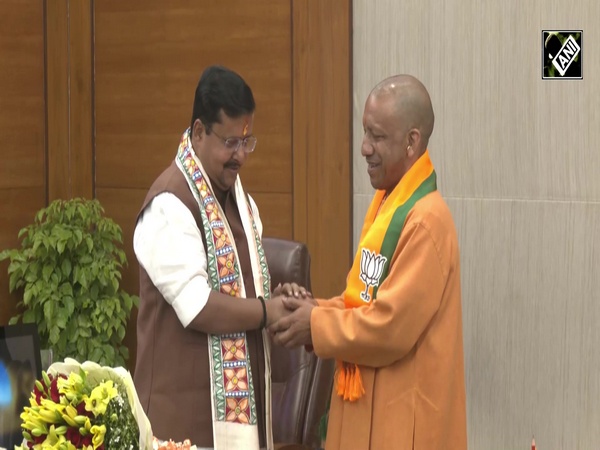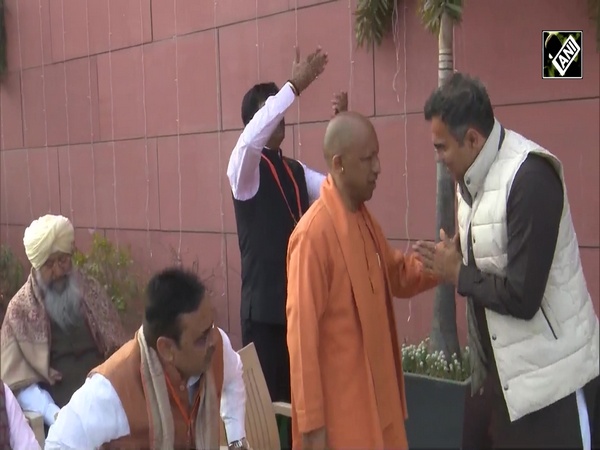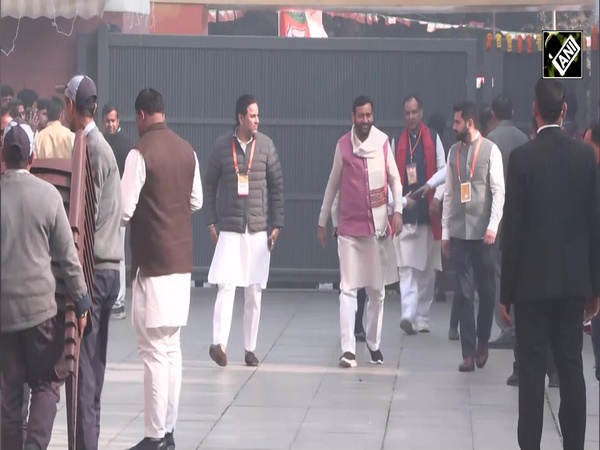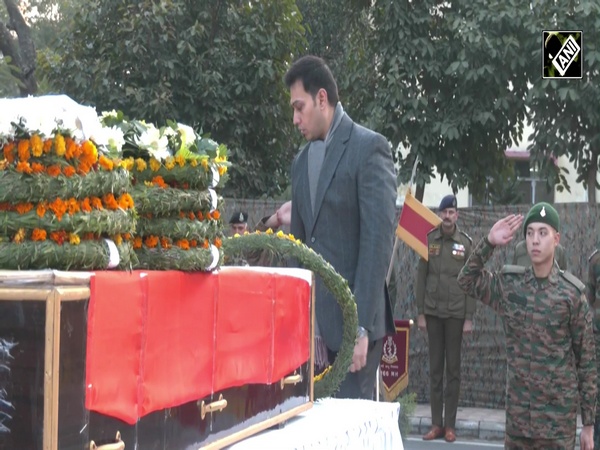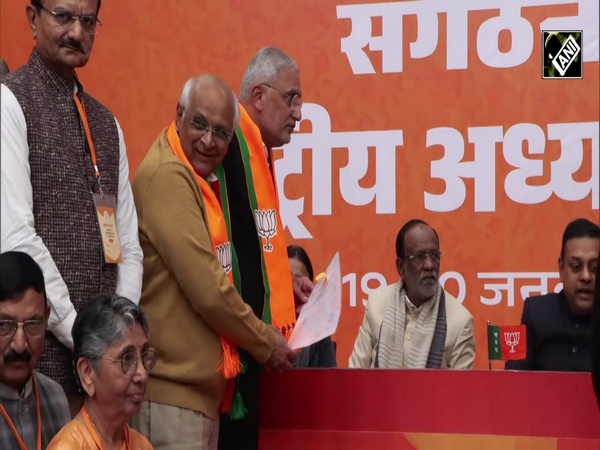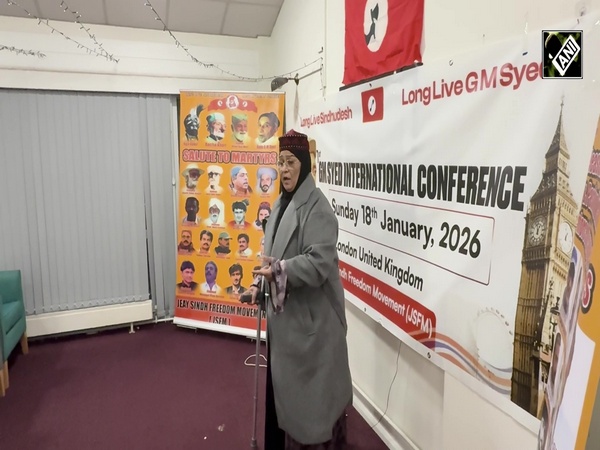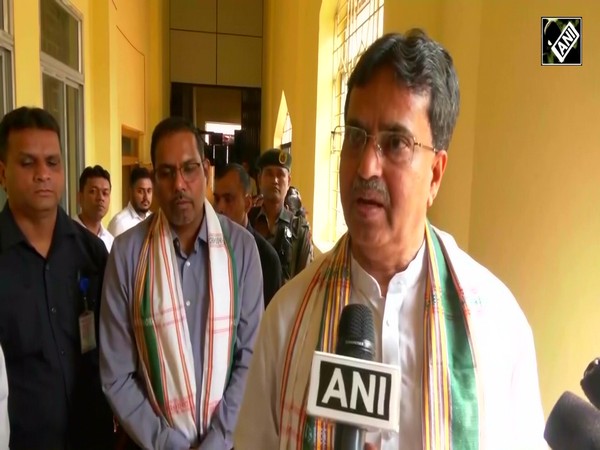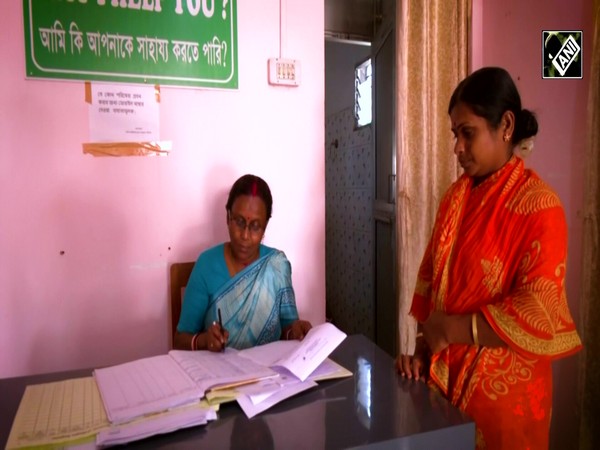India to pursue permanent solution on public stockholding for food security in WTO meet
Nov 17, 2021

New Delhi [India], November 17 : India's stand in the forthcoming meeting of the World Trade Organisation (WTO) at Geneva, starting from November 30, will be to find a permanent solution to the issue of public stockholding for food security purposes.
A government official on condition of anonymity told ANI that "something may come up on public stockholding and domestic support, which are part of negotiations on the agriculture sector in the 12th ministerial conference, which is scheduled at November 30-December 3 at Geneva."
"Now that the 12th meeting is approaching, a number of submissions are being made at the WTO for advancing negotiations in agriculture. India along with the G33 (group of nations) has been engaging in achieving a permanent solution to the public stockholding issue," the government official said.
The official added that the public stockholding (PSH) is a must for India because it has a mandate, "which goes back a long period of time and India will pitch for that".
Finding a permanent solution to the issue of public food stockholding is linked to the survival of 800 million hungry people across the globe.
Under the global trade norms, a WTO member countries' food subsidy bill should not breach the limit of 10 per cent of the value of production based on the reference price of 1986-88.
Apprehending that full implementation of the food security programme may result in the breach of the WTO cap, India has been seeking amendments in the formula to calculate the food subsidy cap.
As an interim measure, the WTO members at the Bali ministerial meeting in December 2013 had agreed to put in place a mechanism popularly called the Peace Clause and committed to negotiate an agreement for a permanent solution at the 11th ministerial meeting at Buenos Aires.
At the Nairobi Ministerial Conference held in December 2015, WTO members agreed to engage constructively to negotiate a permanent solution.
Under the Peace Clause, WTO members agreed to refrain from challenging any breach in the prescribed ceiling by a developing nation at the dispute settlement forum of the WTO.
This clause will be there till a permanent solution is found to the food stockpiling issue.
India has invoked the clause in 2018-19 (13 per cent) and 2019-20 (11 per cent) as it breached the subsidy cap for rice.
The current discourse in agriculture negotiations at the WTO includes developed members seeking developing countries to take on additional commitments in terms of enhanced market access, reduction in policy space through reduced domestic support.
The chair of the committee on the agriculture-special session of the WTO has come up with a draft ministerial text on PSH for the 12th ministerial conference wherein two options have been proposed including to continue negotiations on PSH beyond the 12th meeting.
"India has not agreed to these options," the official said. Therefore the chair text has not considered the G33 proposal and is therefore not agreeable to India. India neither wants to link the PSH issue with other agriculture issues nor a work programme.
The seven negotiating areas under agriculture are domestic support, market access, export competition, export restrictions, cotton, special safeguard mechanism, public stockholding for food security purposes and transparency.
